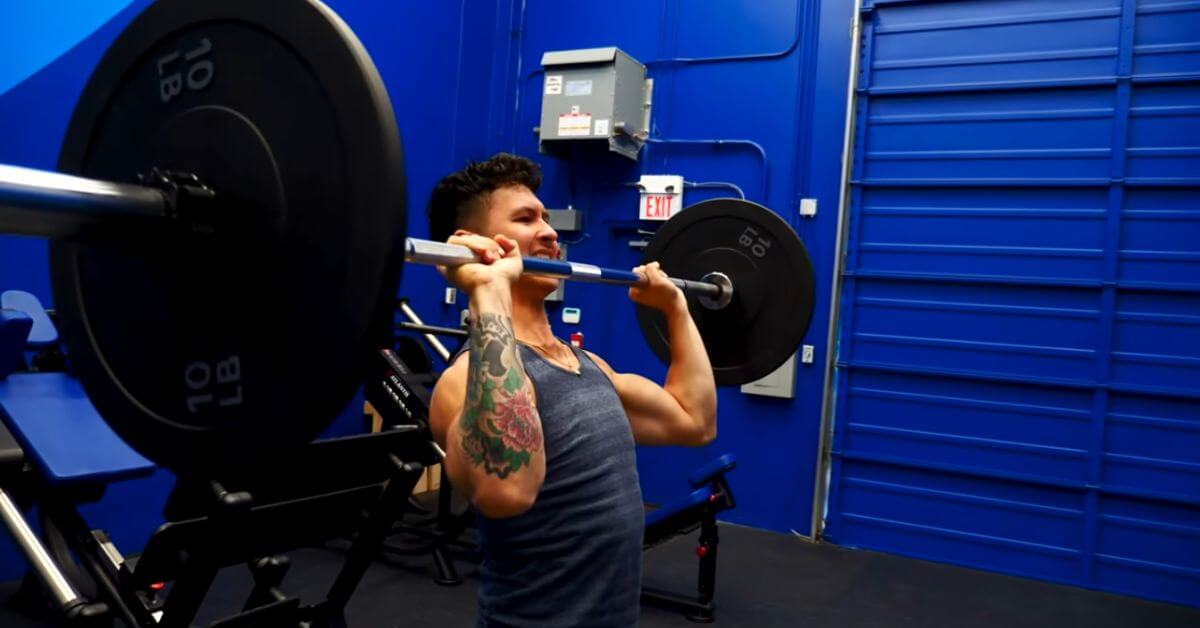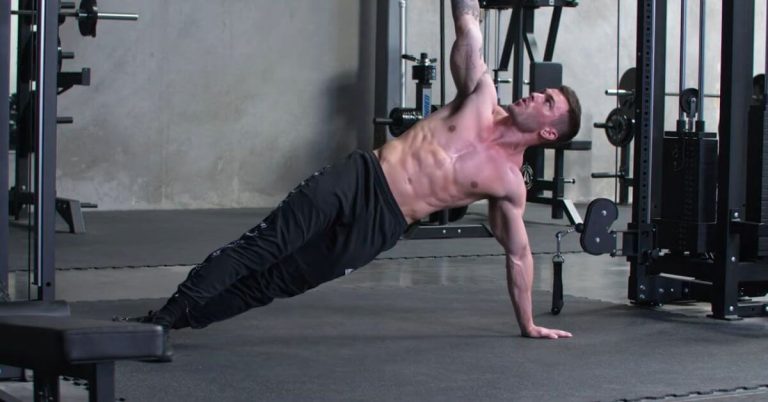Why Do I Look Fatter After Working Out: Unraveling the Post-Workout Weight Mystery
Last Updated on February 14, 2024 by Justin Harris
Why Do I Look Fatter After Working Out: After working out, you may look fatter due to increased muscle size and water retention in the muscles. Regular exercise can lead to temporary weight gain or the appearance of looking fatter because of two main factors: increased muscle size and water retention in the muscles.

When you work out, your muscles undergo microscopic damage, triggering inflammation and repair processes. This inflammation can cause fluid retention, leading to temporary swelling. Additionally, as you build muscle mass through exercise, your muscles become denser and may appear larger, which can give the illusion of a larger body size.
It’s important to remember that this temporary weight gain is not fat gain and will dissipate as your body adjusts and adapts to your exercise routine.
Understanding The Post-workout Weight Phenomenon
After an intense workout, it’s not uncommon to feel like you look fatter. But, rest assured, it’s just a temporary phenomenon. “Understanding the Post-Workout Weight Phenomenon” shed light on why this happens.
One reason is water retention. When you exercise, especially if it’s high-intensity or strength training, your muscles can become inflamed and swell. This can result in temporary water retention (post-workout edema), making you appear bloated and heavier than usual. Drinking more water and consuming anti-inflammatory foods such as turmeric, ginger, and fatty fish may help reduce this swelling.
Another factor is muscle inflammation. When you work out, tiny tears occur in your muscle fibers. Your body then tries to repair this damage, leading to increased blood flow to the affected area. The extra blood and fluid can cause temporary muscle inflammation, which adds to the appearance of increased weight.
So, if you notice the scale going up after a workout, don’t panic. It’s likely a combination of water retention and temporary muscle inflammation. Give your body time to recover and adapt, and you’ll see those temporary changes fade away.
The Role Of Glycogen In Post-workout Weight Gain
Glycogen, a form of stored carbohydrates, plays a crucial role in post-workout weight gain. During exercise, your body breaks down glycogen stored in the muscles and liver to provide energy. Once you finish working out, your body starts replenishing these glycogen stores, which prompts water retention. This water retention, combined with increased blood flow and inflammation in the muscles, can make you look temporarily fatter.
Glycogen’s impact on body weight is significant. For every gram of glycogen stored, your body also stores about 3 grams of water. This means that as you replenish your glycogen stores, water retention can lead to a temporary increase in weight.
It’s important to note that this post-workout weight gain is not reflective of fat gain. It’s simply your body refueling and recovering from the physical activity. To avoid getting discouraged by this temporary weight fluctuation, focus on how your body feels rather than solely relying on the numbers on the scale.
Exploring The Impact Of Muscle Gain On Post-workout Weight Perception
- When engaging in regular workouts, it is not uncommon to notice a temporary increase in weight.
- This can be attributed to the development of increased muscle mass as a result of strength training exercises.
- Muscles are denser than fat, meaning that even though you may have shed some fat, the muscle gain can offset the weight loss on the scale.
- It is important to understand that this weight gain is not indicative of increased body fat.
- Another factor to consider is changes in muscle density and body composition.
- Building muscle can lead to a shift in your body shape, making you appear more toned and fit, even if the numbers on the scale have not changed significantly.
- Remember, muscle takes up less space than fat, so even if your weight remains stable, you may notice a decrease in inches around your waist and other areas.
- Keep in mind that weight perception can be influenced by various factors such as hydration levels, clothing, and individual body types.
The Influence Of Dehydration On Post-workout Weight Fluctuation
Dehydration is often responsible for the temporary weight gain or bloating that people may experience immediately after working out. During exercise, the body loses fluids through sweat, especially if you are engaging in intense physical activity.
This fluid loss can lead to a decrease in overall body weight due to water loss. It is important to note that this initial weight reduction is not indicative of fat loss. Hydration is essential for fluid balance in the body and accurate weight perception. When the body is dehydrated, it tends to retain water in order to maintain fluid balance.
This can lead to water retention and a perception of increased weight. To maintain proper hydration levels, it is recommended to drink an adequate amount of water before, during, and after workouts. This ensures that the body stays properly hydrated, reducing the chances of dehydration-related weight fluctuations.
Monitoring your weight over the long term, rather than immediately post-workout, can provide a more accurate representation of your progress towards weight loss or gain goals.
The Psychological Factors In Post-workout Weight Perception
Body dysmorphia and a distorted self-image can play a significant role in why you might perceive yourself as looking fatter after working out. These psychological factors can cause individuals to view their bodies differently than how they actually appear. People with body dysmorphia often obsess over perceived flaws and may fixate on certain areas of their bodies, leading to a distorted perception of their overall appearance.
Managing expectations is crucial when it comes to post-workout weight perception. It is important to understand that weight loss or changes in body composition take time and cannot be achieved overnight. Instead of solely focusing on appearance, it is advisable to shift the focus towards health goals. Prioritizing factors such as increased energy levels, improved strength, and overall well-being will enable you to maintain a more positive mindset during your fitness journey.
Conclusion
It’s common to feel like you look fatter after working out due to factors such as increased blood flow, muscle inflammation, and dehydration. However, it’s important to remember that this is temporary and not a reflection of actual fat gain.
By understanding these reasons and staying consistent with your exercise routine, you can achieve your fitness goals and maintain a healthy body composition. Don’t be discouraged by temporary changes and keep pushing towards your fitness journey.






